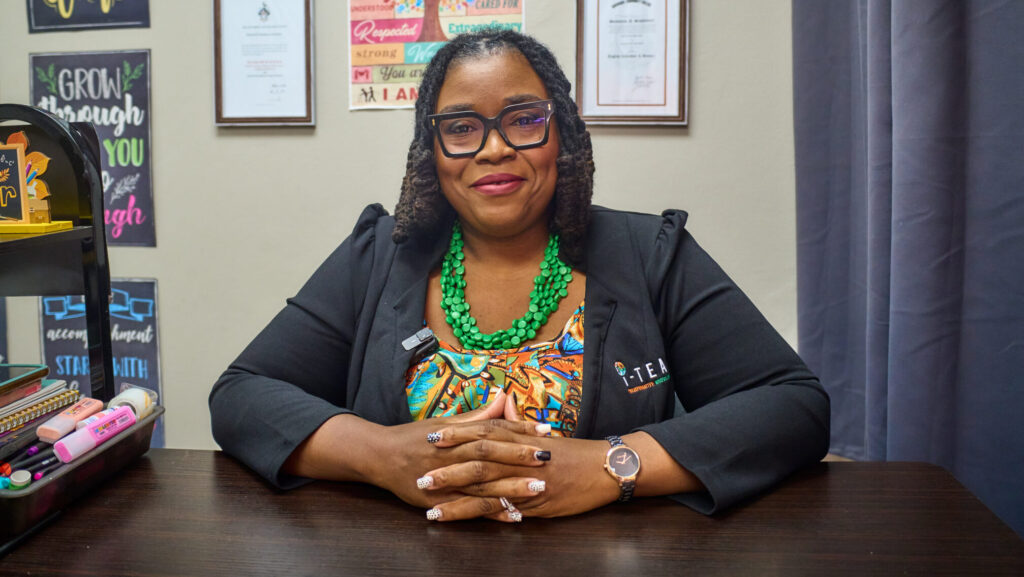Barbadian literacy specialist Shawntelle Morgan is preparing to take the stage at the upcoming World Literacy Summit in Oxford, United Kingdom, April 6 to 9, where she will shine a spotlight on dyslexia and other learning challenges in the Caribbean.
Morgan, who sat down recently for an interview with Barbados TODAY, said, “My presentation is actually entitled Dyslexia Speaks Voices from the Caribbean, and it is really an opportunity to amplify the voices of learners with dyslexia, their parents, as well as the educators who interact with these learners on a daily basis. The ultimate aim would be to transform the educational landscape so that the needs of these learners are met adequately within our classrooms.”
Morgan noted that some students currently in Barbados’ educational system face a number of challenges, particularly their difficulties processing information in traditional learning environments. Many of these students, she noted, become disengaged, misunderstood, or mischaracterised due to their challenges.
“The reality is some of them genuinely don’t know how to engage within the classroom,” she said. “They generally have a challenge of processing the work that they’re given, and they can’t get it done, and what we will see is that some of these learners would end up misbehaving. They would end up being [labelled as] class clowns [or] lazy . . . but they’re not.”
In focusing on the literacy issues being seen across the island’s schools, Morgan noted the need for a broader understanding of literacy in the wider society, beyond simply being able to read and write.
“I think when we think about the literacy rate initially we spoke about individuals being able to write their names, what we would call maybe basic literacy, but literacy now, when we look at it holistically, involves not only reading and writing and thinking, [but] also the ability to communicate with various mediums.
“What we’re seeing is that learners, even if we think about literacy in its most basic sense — which is reading and writing — they’re unable to do so and they’ve been unable to do so for a while. This has been manifested not just at the 11-plus level, but when we speak about a high percentage of learners who are leaving without CEC certificates, these are the learners that would have come through primary and secondary school unable to read, write, and communicate effectively, and that has resulted in them not gaining any certificates at the end of the secondary level,” she said.
Morgan believes that whenever promised educational transformation becomes a reality in Barbados, there must be a serious focus on equipping teachers with the skills necessary to support all learners effectively, particularly in light of the numerous learning challenges being reported.
She said, “I would personally like to see that we focus more on ensuring that when our teachers get into the classroom they are able, capable, to deliver instruction in a manner that will meet the needs of all learners. Why? The teachers are the ones who will deliver any changes that we make. If they’re not capable of doing so, we’re wasting our time. Let our teachers receive training before they begin to teach. Train our teachers first and then place them into the classroom. That is one thing I would like to see, and this training should include training in meeting the needs of all learners.”
Morgan added, “We don’t want to have trained teachers who are saying I am unable to meet the needs of a child with dyslexia because I did not even know what dyslexia was, I did not know the signs or symptoms, [or] I don’t know how to give any interventions.”
(SB)
